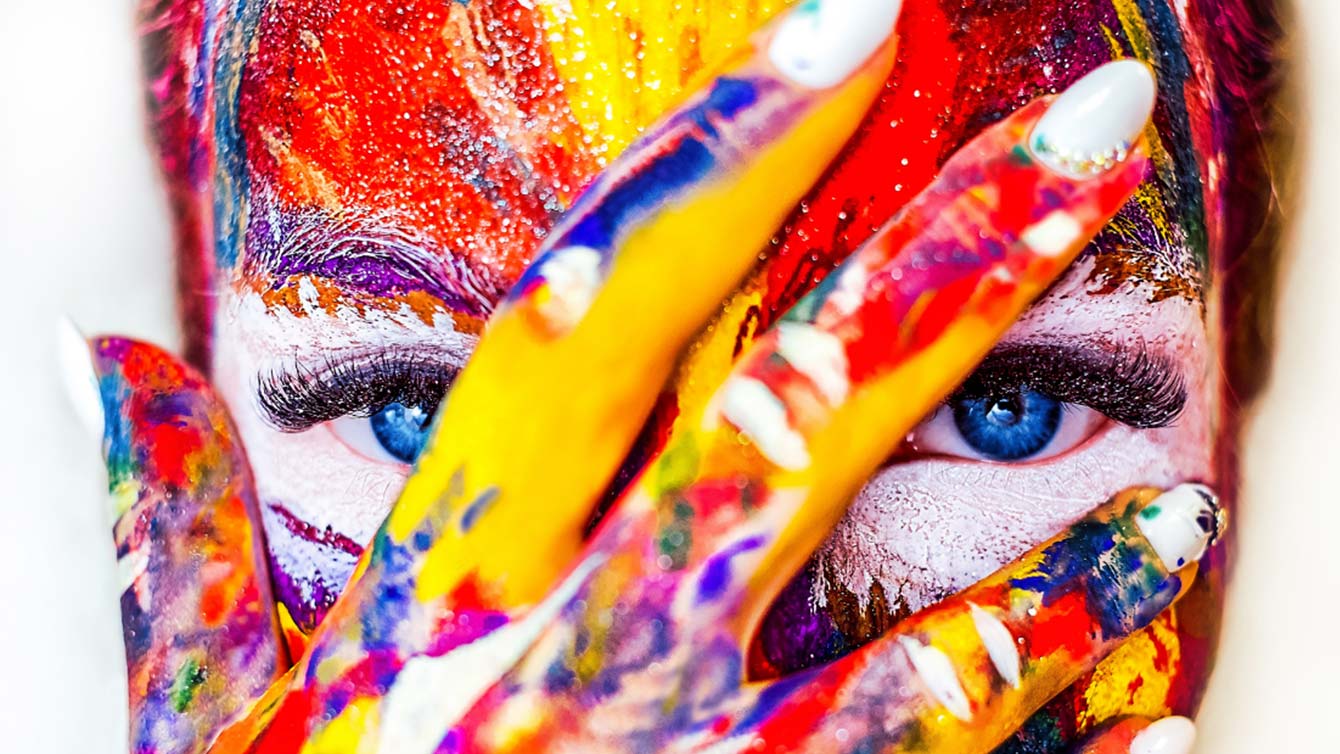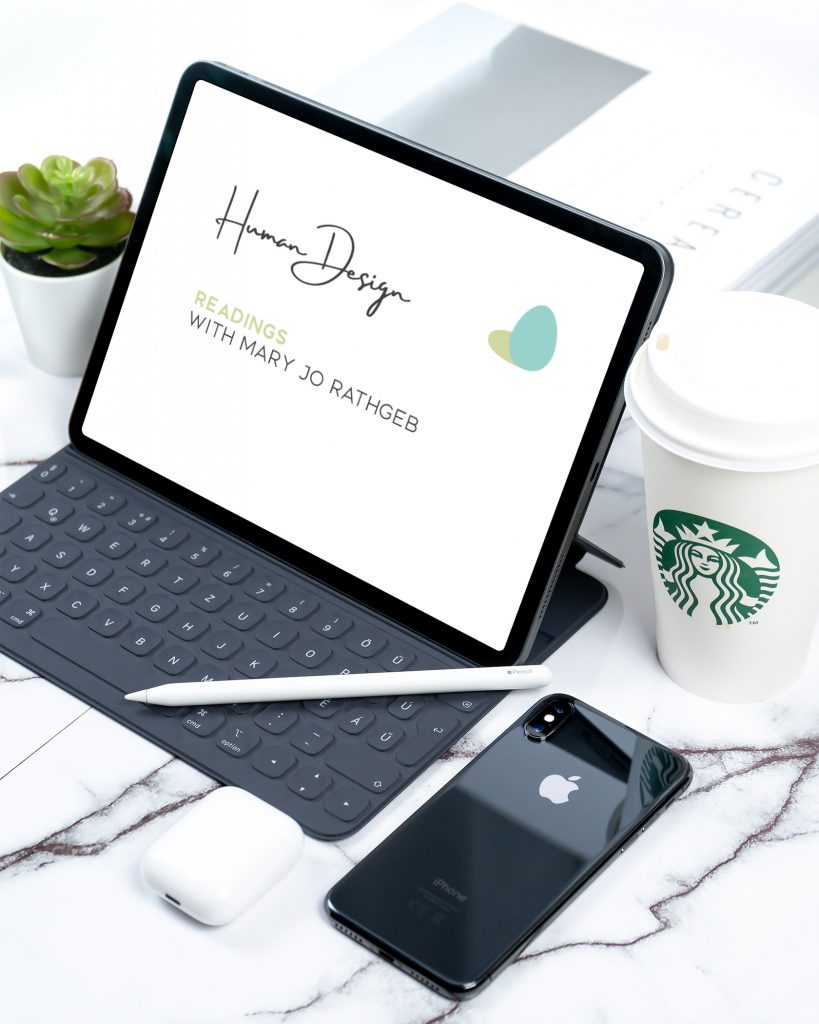When we hear the word creativity, we often associate it with people who create works of art. In essence, creating as a form of expression is their purpose in life. However, the capacity for being creative is not only limited to this particular group of people. In fact, you don’t need to be in an artistic profession at all. This is because uncovering your purpose in life goes hand in hand with discovering or even redefining your own creativity, even if you don’t consider yourself to be a creative person.
The Common Misconception: The False Exclusivity of Creativity
The truth is that everyone is creative. There is no one way to be so, even if some people may think otherwise. You might be creative in ways that you don’t recognize. Perhaps you see creativity differently from how society has defined it. Regardless, we all desire to make something, whether it’s something tangible or abstract. Some wish to create specific kinds of output; others want to turn their dreams into a reality.
At its core, creativity is simply about our ability and determination to manifest our purpose. When viewed in this way, it becomes more approachable and less exclusively linked to the capabilities of specific individuals. Creativity isn’t only gifted to a subset of people; anyone can be creative and lead a meaningful life. Some can do this on their own, while others may need a little help from a life skills coach. Either way, it is possible to be creative, if one puts their mind to it.
Creativity as You See It
By reframing creativity as a desire and the ability to make something, you might ask yourself what it is that you personally want to create. Perhaps you already have an idea in mind but lack what is required to execute it. Maybe you’re already skilled in your trade and have managed to create a great many things in your life but still feel inadequate for some reason.
First off, it is completely normal to feel inadequate at times. It happens to everyone and is simply an indication that you’ve got more growing to do. Fortunately, you can overcome your roadblocks by seeking further education and additional counsel from others. Enroll in classes related to your profession, share your work with others, and ask for feedback, or work with a personal development coach. Doing all these will hone and add to your current skill set while offering you some much-needed perspective on what you want to create and pursue in your life.
Doing the Seemingly Impossible: Unhooking Yourself from Expectations
Once artists achieve success, they become burdened by their creativity and purpose, believing that they must recreate their past success. Sometimes, they outdo themselves, while others never replicate their magnum opus. No matter what the result may be, the pressure is always there, looming over them for life.
Even if you are not an artist and don’t necessarily face this same external pressure, you might similarly talk down to yourself. How many times have you silently berated yourself for not doing well enough on a certain task? How many times have you compared your current work to a previous one that received praise and recognition?
The thing is, it’s human nature to use the past as a reference so that we can strive to do better. This is not inherently a bad thing, but it can become detrimental if you start focusing on impossible expectations. When you start pressuring yourself to always do something incredible, you become trapped in a never-ending cycle of disappointment and self-doubt. You end up basing your worth on your success, not on what you have achieved and what you’ve learned from your discoveries and failures.
That’s why you need to liberate yourself from any expectations you’ve been holding on to. By doing so, you’ll allow yourself to become more creative and discerning of your purpose. This, in turn, can lead you to find the space you need to succeed and be exceptional.
Finding Your True Method of Creativity
While improving yourself is always a good thing, dedicating all your time and effort to perfecting your work-related skillsets is the fastest way to stifle and kill your creativity. If this is all that you pursue, you’ll never feel good enough. After all, no human being is flawless. But if you shift your focus away from achieving perfection and redirect it to exploring what you’re capable of, you will slowly lead yourself to true contentment. In doing so, you eventually start to recognize what creativity means to you. In turn, you will be more discerning about your purpose.
That said, constantly improving yourself can be a tough journey to go on by yourself. If you need guidance when it comes to finding meaning and value in your life, consider enrolling in life coaching programs and speaking to experts in relevant fields. Their insight and advice might prove to be very beneficial in discovering your creativity and how you can use it to express your purpose.
Finding it hard to redefine your creativity with your purpose? Talk to Mary Jo today for advice to rediscover yourself in the process.






